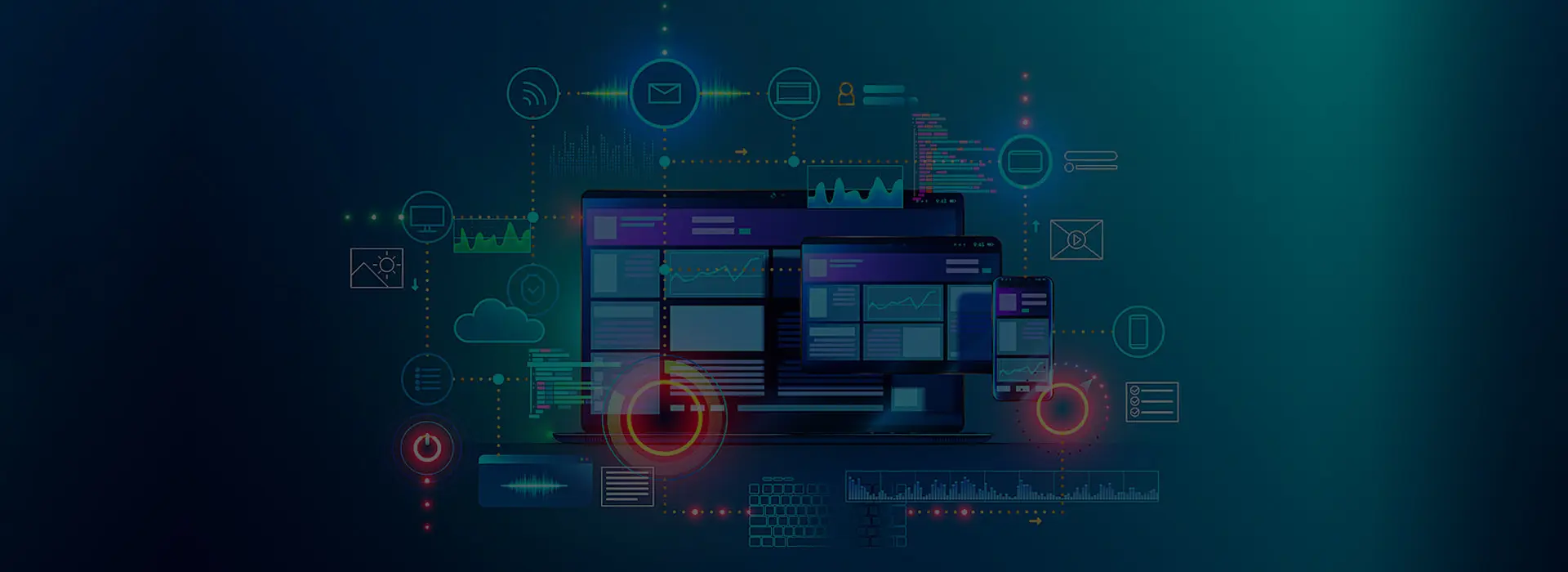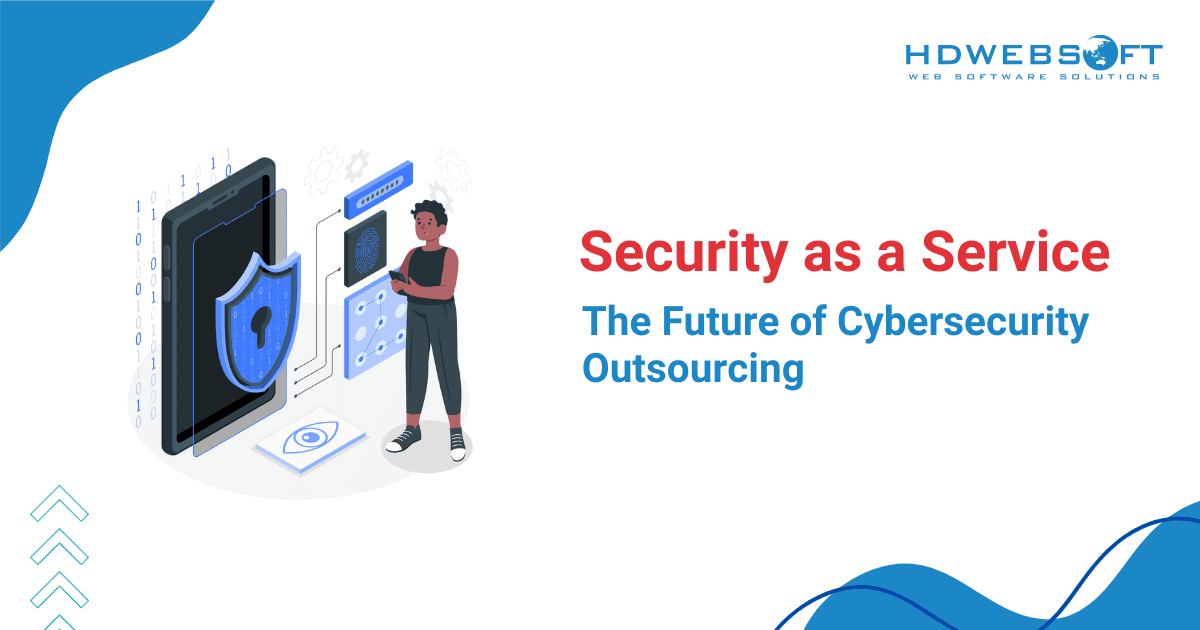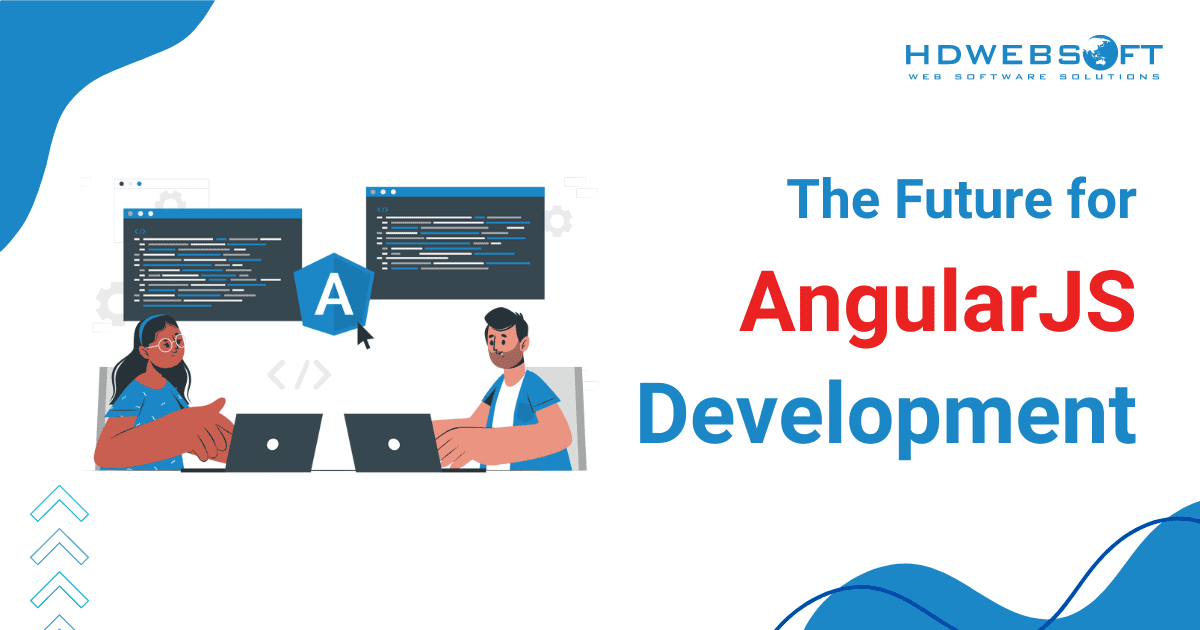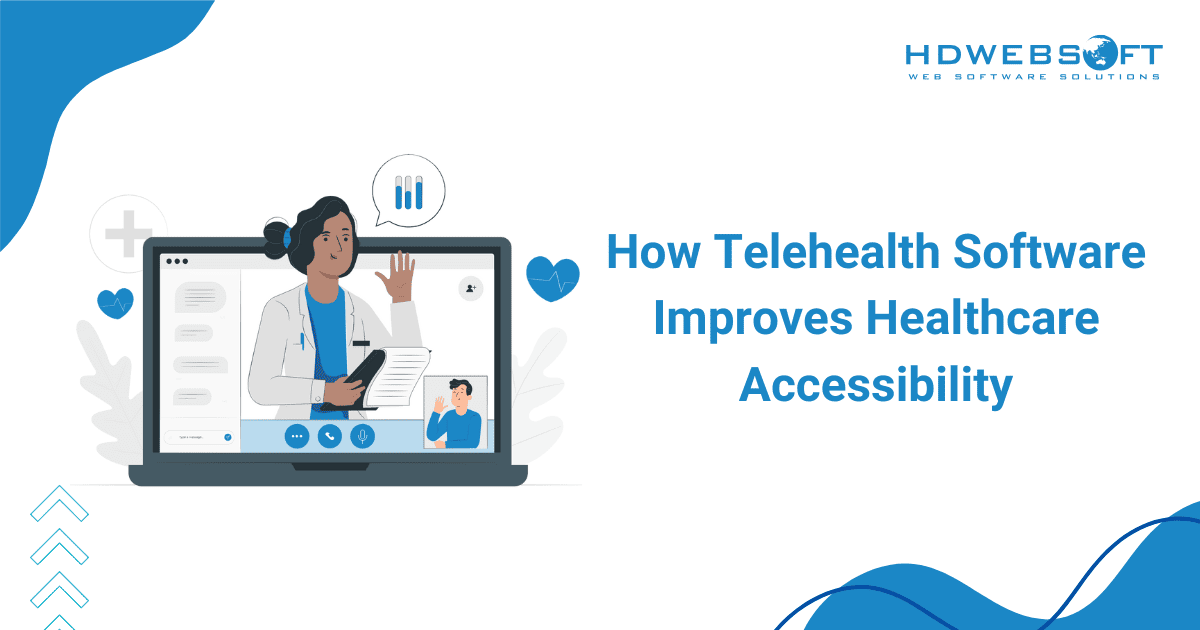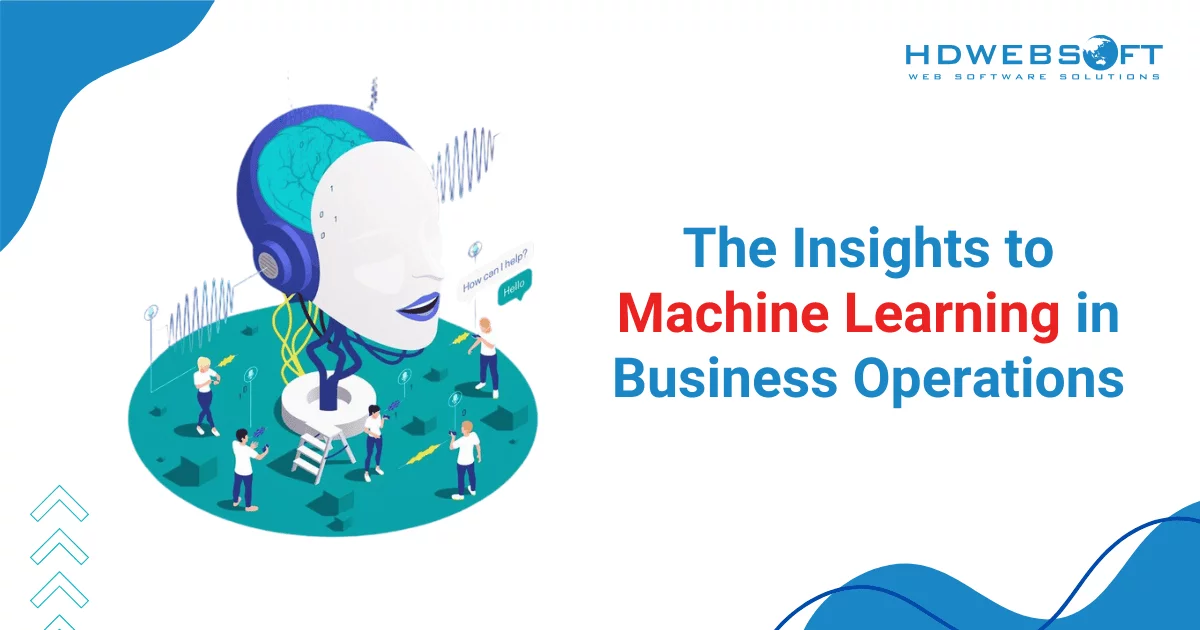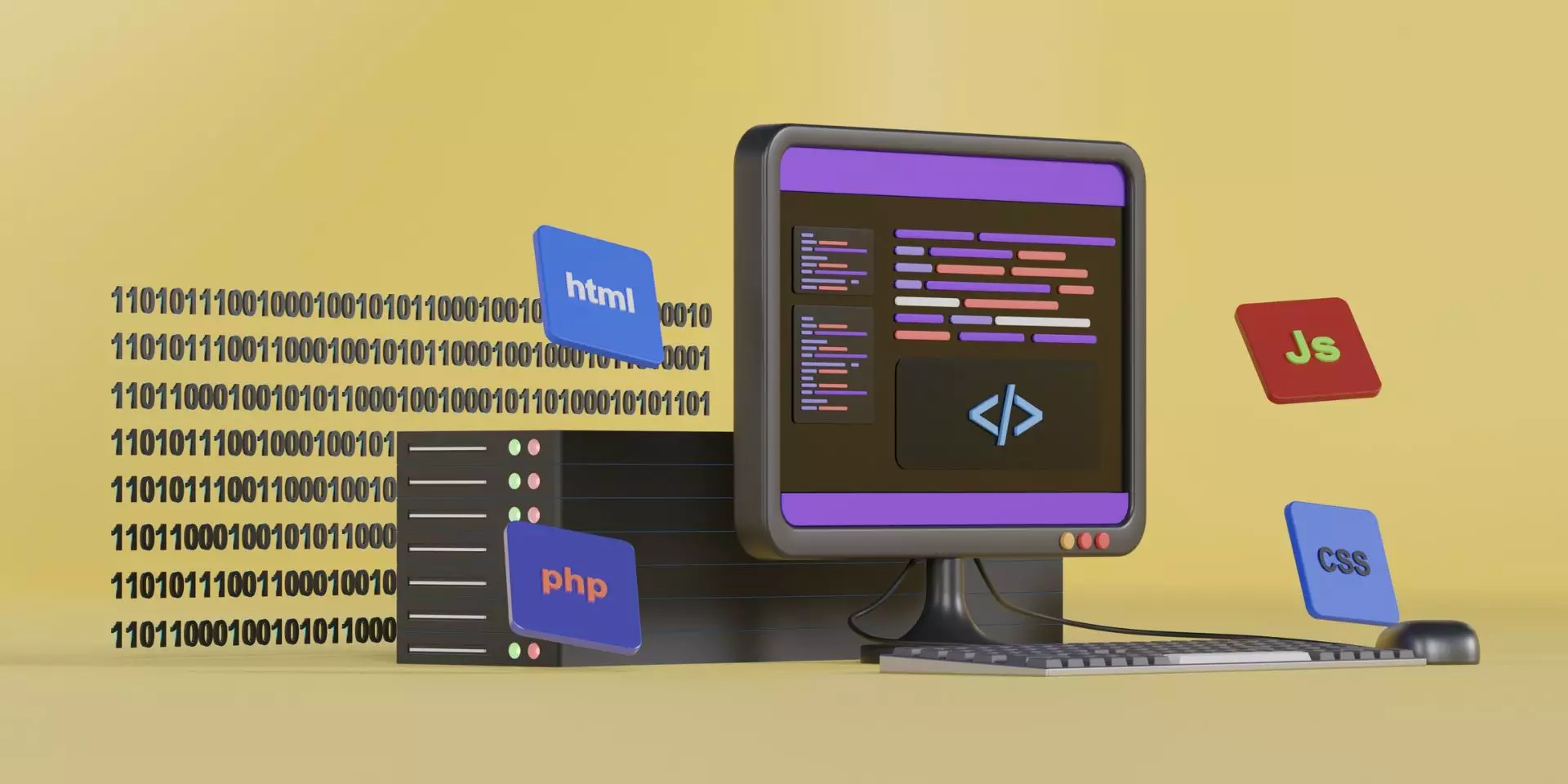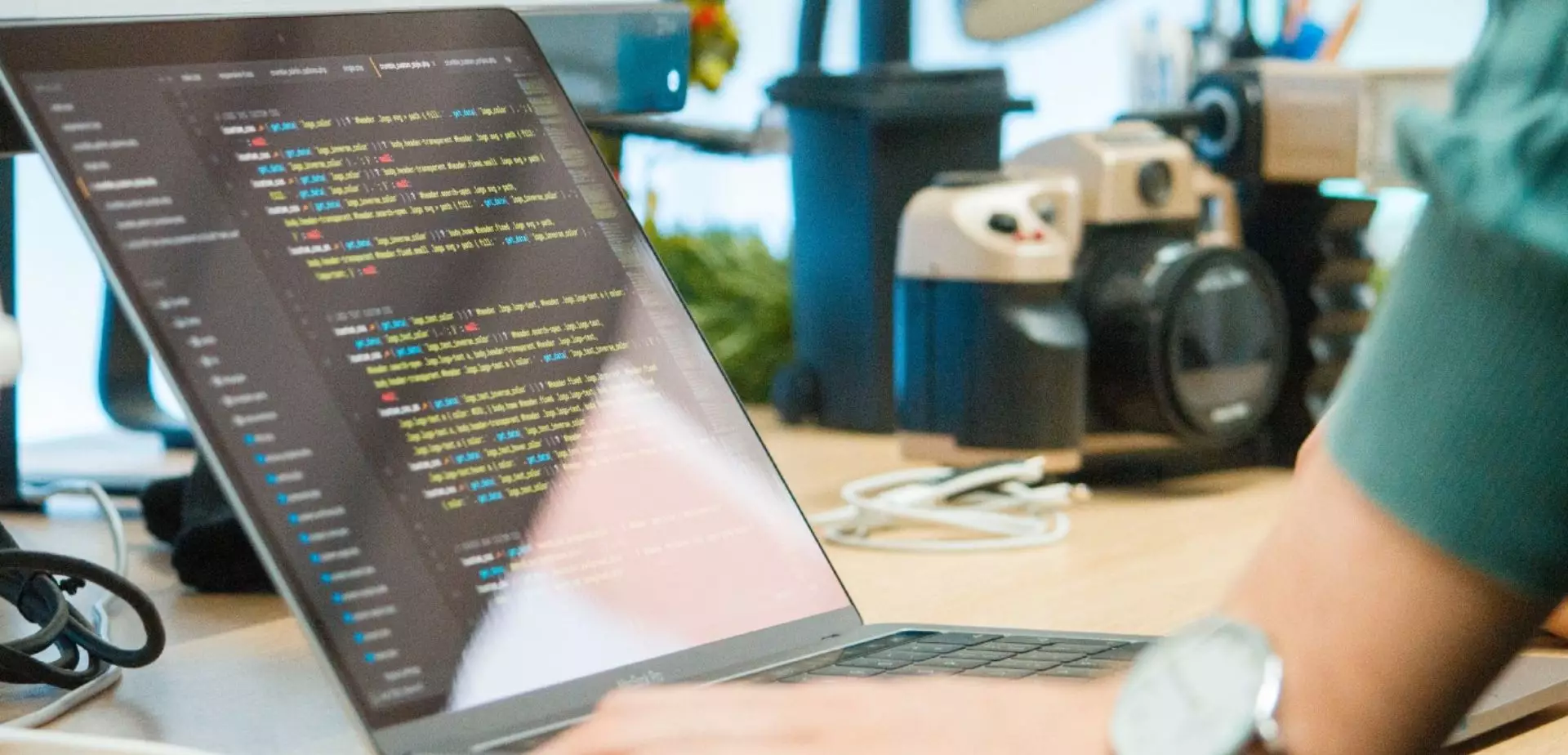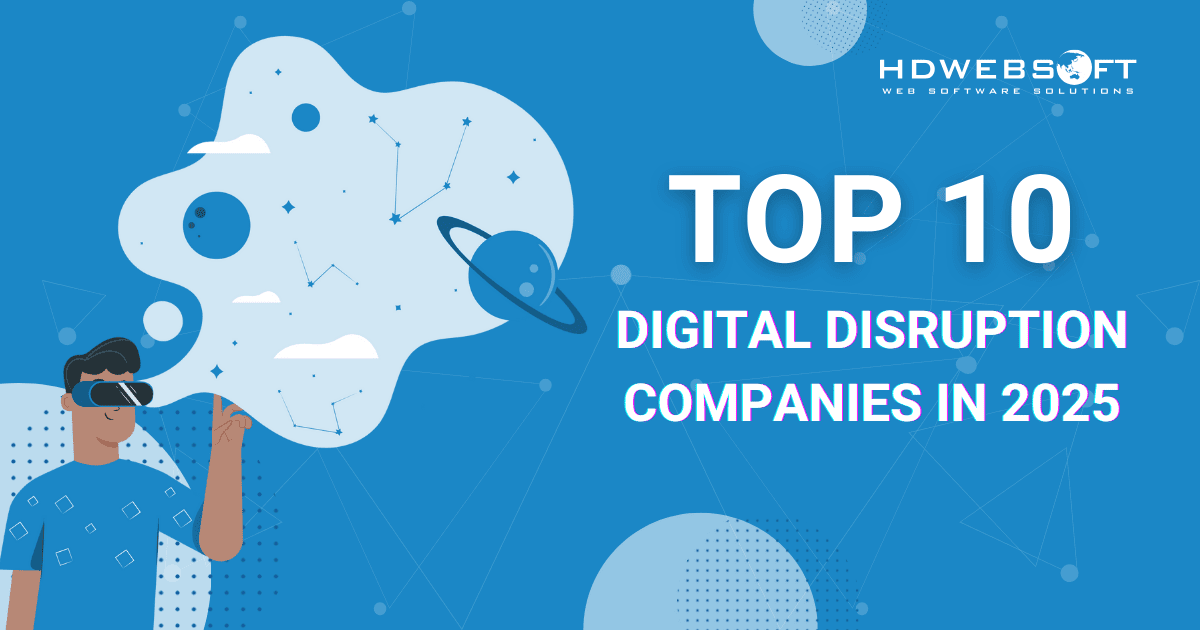
Top 10 Digital Disruption Companies in 2025
In today’s rapidly evolving business landscape, one term consistently emerges as a driving force behind transformation: digital disruption. The concept might sound intimidating at first. However, understanding and embracing it is crucial for any organization looking to thrive in the years to come.
As your trusted software partner, HDWEBSOFT wants to shed light on what disruptive digital technology truly means. We’ll also discuss its impact, the top companies in the field, and how we can navigate these changes together.
What Does Digital Disruption Mean?
At its core, digital disruption refers to the profound transformation of industries and markets by digital technologies and innovative business models. It’s more than just adopting new software. It’s about a fundamental shift in how value is created, delivered, and captured. Think about how streaming services revolutionized the entertainment industry or how e-commerce platforms reshaped retail. These are prime examples of the technology in action.
Technological disruption often involves leveraging up-to-date technologies to create new products, services, and experiences that were previously unimaginable. It challenges traditional ways of doing business, often forcing established players to adapt or risk being left behind. It’s about agility, innovation, and a willingness to rethink established norms.
For us in the software industry, the digital industry is both a catalyst for our work and a force that shapes our solutions. This ongoing process of digital disruption necessitates continuous learning and adaptation for all of us.
How Does Digital Disruption Impact Businesses?
The impact of digital disruptive technology is far-reaching and touches nearly every aspect of a business. Let’s explore some key areas in more detail:
Changing Customer Expectations
Today’s customers are digitally savvy and expect seamless, personalized experiences across all touchpoints. Disruptive digital technology has empowered them with more information and choices. As a result, higher expectations for convenience, speed, and value are inevitable.
That said, businesses must adapt to these evolving demands to maintain customer loyalty and attract new ones. This means investing in digital platforms, personalized communication strategies, and ensuring a consistent brand experience across all channels. The speed at which these expectations change is a direct result of ongoing industry disruption.
New Business Models
Entirely new business models often emerge as a result of the disruptive digital implementation process. Subscription services, the sharing economy, and on-demand platforms are just a few examples of how digital disruption technology has enabled innovative ways for businesses to operate and generate revenue.
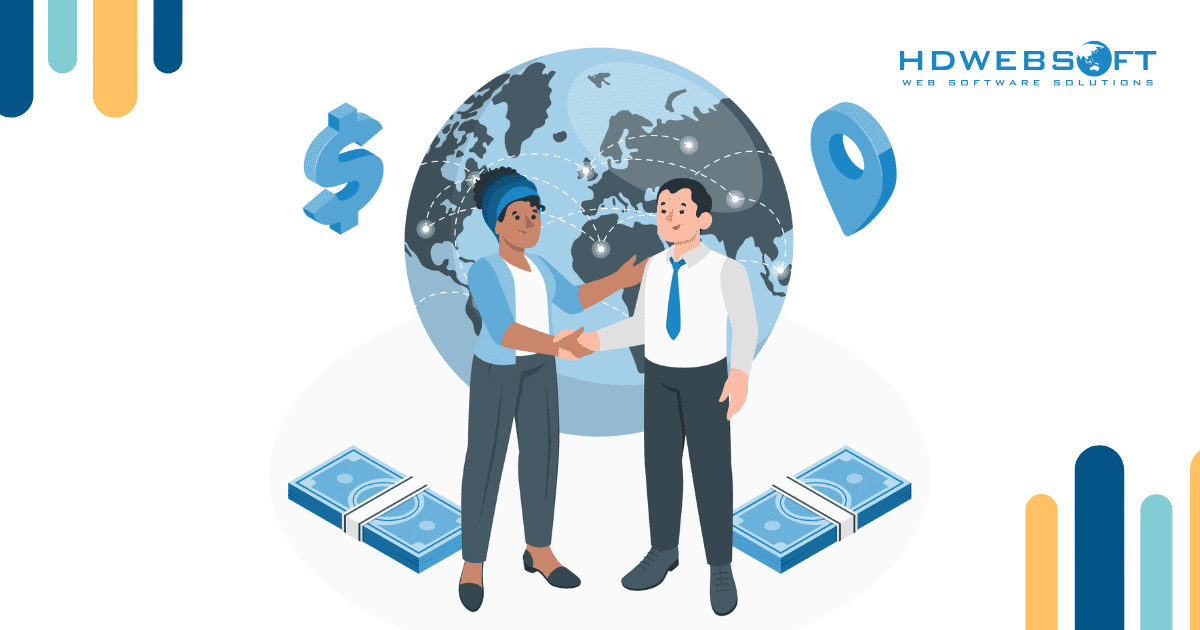
With the changes in digital disruption going on across the globe, new business models are introduced everyday.
These models often offer greater flexibility and affordability, appealing to a wider range of customers. Consider the shift from owning software to subscribing to it as a direct impact on our own industry.
Operational Efficiency
Digital technologies can significantly improve operational efficiency by automating tasks, streamlining workflows, and providing valuable data insights. This can lead to reduced costs, faster turnaround times, and improved decision-making.
Therefore, embracing disruptive digital technology in your operations can give you a significant competitive edge. For instance, implementing AI-powered analytics can optimize supply chains and predict maintenance needs, leading to substantial cost savings.
Competitive Landscape
Industry digital can level the playing field, allowing smaller, more agile companies to challenge established giants. New entrants with innovative digital solutions can quickly gain market share by addressing unmet customer needs or offering superior value. Hence, this necessitates that all businesses, regardless of size, remain vigilant and adaptable. The rapid rise of startups leveraging digital disruption is a testament to this phenomenon.
Data-Driven Decisions
The vast amounts of data generated by digital technologies provide unprecedented opportunities for businesses. You can understand your customers better, personalize their offerings, and make more informed strategic decisions. This is why leveraging data analytics is a key component of successfully navigating digital. Tools that help you collect, analyze, and act on this data are crucial in today’s environment of constant disruptive digital.
Top 10 Digital Disruption Companies in 2025
While predicting the future with absolute certainty is impossible, several companies are consistently at the forefront in 2025. Let’s delve deeper into how each of these companies is leading the technology revolution.
Neuralink (Brain-Computer Interface)
For starters, Neuralink is at the forefront of digital disruption by developing ultra-high bandwidth brain-machine interfaces. Their advancements in connecting the human brain directly to computers hold the potential to revolutionize healthcare, communication, and human augmentation.
In 2025, Neuralink has made significant strides in demonstrating the capabilities of its technology in human trials. This has showcased the potential to restore lost sensory and motor function. Particularly, this technology could disrupt the treatment of neurological disorders like Parkinson’s and paralysis. It’s understandable since it offers unprecedented levels of control and interaction with digital devices.
Furthermore, the long-term implications of their work could fundamentally alter how humans interact with technology. This transformation blurs the lines between biology and the digital world, ultimately representing a profound instance of industry disruption.
Anthropic (Artificial General Intelligence)
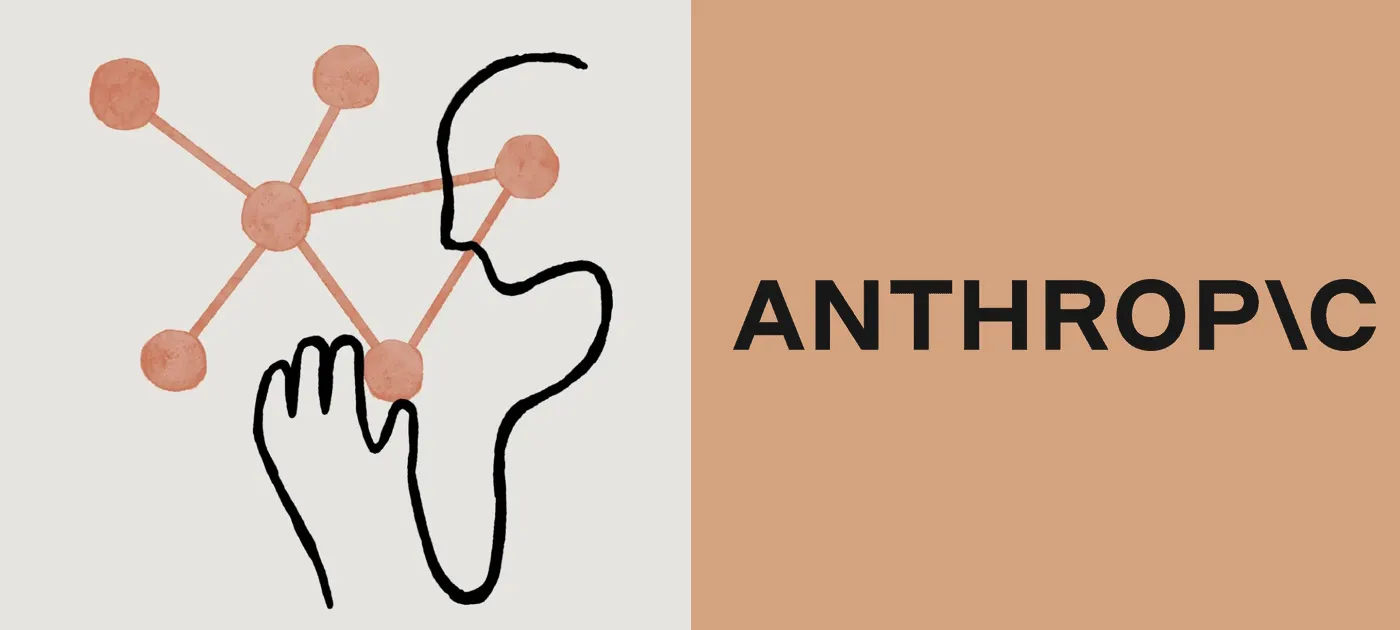
Next, we have Anthropic. It’s a leading research company focused on developing safe and beneficial AGI. Their approach emphasizes the interpretability and steerability of AI systems. By doing so, they aim to build AI that is not only powerful but also aligned with human values.
This year, the company released increasingly sophisticated AI models capable of complex reasoning and problem-solving. Obviously, they are pushing the boundaries of what AI can achieve. This progress is disrupting various industries by enabling more advanced automation, personalized services, and innovative solutions that were previously unattainable. Anthropic’s commitment to safety in AGI development is crucial as digital disruption increasingly relies on advanced AI capabilities.
Vitalic (Personalized Nutrition and Longevity)
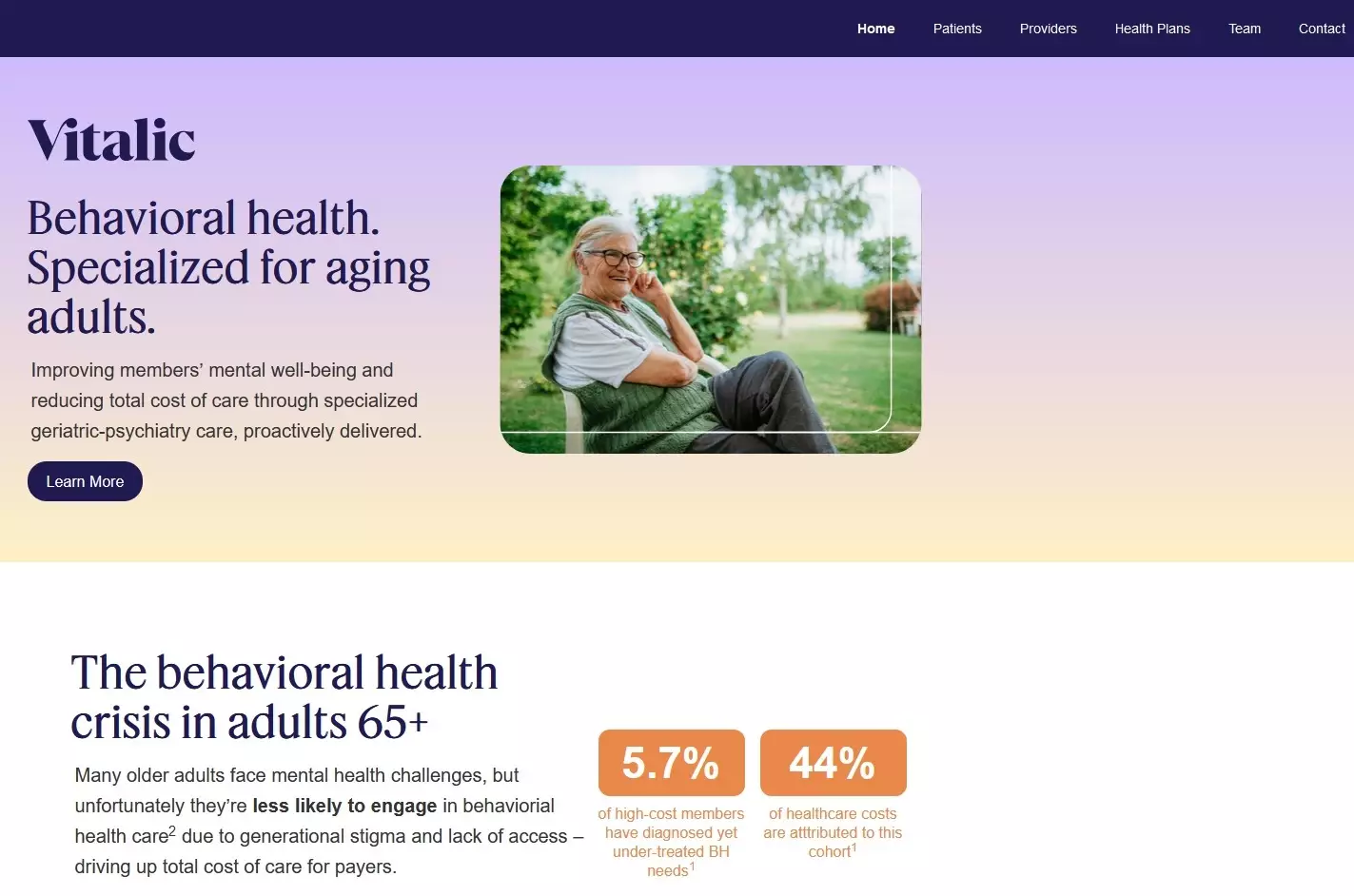
Leveraging data science and biotechnology, Vitalic is disrupting the fields of personalized nutrition and longevity. By analyzing individual genetic makeup, lifestyle, and health data, Vitalic provides tailored recommendations for customers. They can include diet, supplements, and interventions to optimize health span and lifespan.
As of 2025, Vitalic has expanded its offerings and demonstrated significant success in helping individuals achieve their health goals through hyper-personalized approaches. This disruptive digital technology in healthcare empowers individuals to take a more proactive and data-driven approach to their well-being. And potentially, it reduces the burden on traditional healthcare systems and fundamentally changes how we approach aging.
Aura Aerospace (Space Debris Removal)
The growing problem of space debris is a critical issue for the sustainability of space exploration and satellite infrastructure. Aura Aerospace is developing innovative digital disruption technologies, including robotic spacecraft, to capture and safely remove debris from orbit.
As you may know, the company has successfully demonstrated its debris removal capabilities in several missions, proving the viability of its approach. This is a crucial area, especially with the increasing number of satellites launched for communication, navigation, and Earth observation. As a result, effective solutions are necessary for managing space traffic and mitigating the risks posed by debris.
Truth to be told, Aura Aerospace’s work ensures the long-term viability of the space industry.
Proteum (Synthetic Protein Manufacturing)
The traditional food industry is being disrupted by advanced technologies for the sustainable and efficient manufacturing of synthetic proteins. Proteum’s processes aim to create high-quality protein sources with a significantly lower environmental footprint compared to conventional animal agriculture.
For your information, Proteum has scaled up its production capabilities and introduced its synthetic proteins into various food products. They are gaining traction with environmentally conscious consumers and food manufacturers. This digital disruption offers a potential solution to the growing global demand for protein. Meanwhile, they’re also addressing concerns about sustainability and animal welfare, fundamentally changing how we produce and consume food.
Quantiam (Quantum Computing Solutions)
The forefront of quantum computing calls for Quantiam since they’ve been developing practical and scalable solutions. While still in its early stages, quantum computing holds the potential to solve complex problems that are intractable for even the most powerful classical computers.
Significant advancements have been made in building more stable and powerful quantum processors. Additionally, Quantiam has developed algorithms for applications in areas like drug discovery, materials science, and financial modeling. This emerging technology promises to revolutionize various industries, offering unprecedented computational power for solving some of humanity’s grandest challenges.
Helion Energy (Fusion Power Generation)
Helion Energy is striving to achieve a breakthrough in clean energy by developing a commercially viable fusion power generator. Fusion, the process that powers the sun, offers the potential for virtually limitless clean energy with no long-lived radioactive waste.
A significant progress has been made in the research and development of digital disruption technology. It’s demonstrating promising results towards achieving net energy gain in their fusion reactor. This represents a potentially transformative technology in the energy sector. In other words, a sustainable and environmentally friendly alternative to fossil fuels and traditional nuclear power can be expected.
Maybe you’re interested: Renewable Energy Software for Better Sustainability.
Mobius Materials (Infinitely Recyclable Plastics)
The global plastic waste crisis is being addressed continuously. This is all thanks to Mobius Materials for developing innovative materials that are infinitely recyclable without any loss in quality.
Their technology aims to create a circular economy for plastics, reducing pollution and reliance on virgin resources. The organization successfully scaled its production of these novel plastics. Plus, it partnered with major consumer goods companies to integrate them into packaging and products. The advance in materials science offers a sustainable solution to a significant environmental challenge. Owing to that, it’s paving the way for a more circular and less wasteful economy.
Mycorics (Fungal-Based Construction Materials)
The construction industry is experiencing digital disruption with the development of sustainable and environmentally friendly building materials. Mycorics is driving this change by using mycelium, the root structure of fungi, to create innovative solutions. Namely, these materials offer a biodegradable and low-carbon alternative to traditional materials like concrete and bricks.
In various construction projects, Mycorics has demonstrated the structural integrity and versatility of its fungal-based materials. Thus, architects and developers seeking sustainable solutions have shown increasing interest. This has the potential to significantly reduce the environmental impact of the built environment.
Hydrobio (Atmospheric Water Harvesting)
Last but not least, Hydrobio is tackling the growing global water scarcity issue. According to what we know so far, they’re creating advanced technologies to harvest potable water from the atmosphere. Their systems rely on advanced materials and energy-efficient processes to extract moisture from the air. Hence, a sustainable and decentralized source of clean drinking water is taken care of.

Water harvesting process, from ACS Publication.
In water-stressed regions, Hydrobio has deployed the atmospheric water harvesting units as its digital disruption technology. Their effectiveness in providing access to clean water for communities and industries can be seen with our own eyes. Therefore, it’s necessary for addressing a pressing global challenge, especially in areas struggling with drought and water scarcity.
The Unexpected Consequences of Digital Disruption Technology
While disruptive digital technology offers numerous benefits, unexpected consequences can also arise from these technological advancements. These consequences often require careful consideration and proactive strategies to mitigate potential negative impacts:
Job Displacement
Automation and AI can lead to job displacement in certain sectors as tasks previously performed by humans are now handled by machines. Thus, this necessitates a focus on reskilling and upskilling the workforce to prepare for the jobs of the future. Governments, educational institutions, and businesses all have a role in ensuring a smooth transition for workers affected by digital disruption.
Privacy Concerns
The increasing reliance on data collection and analysis raises significant privacy concerns. It’s important for businesses to prioritize data security and transparency to maintain customer trust and comply with evolving regulations.
Navigating industry disruption ethically means putting user privacy at the forefront of all digital initiatives. The ongoing debate around data ownership and usage is a direct consequence of rapidly evolving privacy policies.
Increased Inequality
The benefits of disruptive digital technology may not be evenly distributed. The gap could widen between those who have access to technology and the skills to utilize it and those who do not. That’s why addressing this digital divide is crucial for ensuring a more equitable future. Initiatives that promote digital literacy and access to technology are essential to mitigate this potential negative impact.
Cybersecurity Threats
As businesses become more reliant on digital infrastructure, they also become more vulnerable to cybersecurity threats. Protecting sensitive data and ensuring the resilience of digital systems is a critical aspect of navigating digital disruption. Investing in robust AI cybersecurity measures and fostering a culture of security awareness is paramount in this evolving landscape.
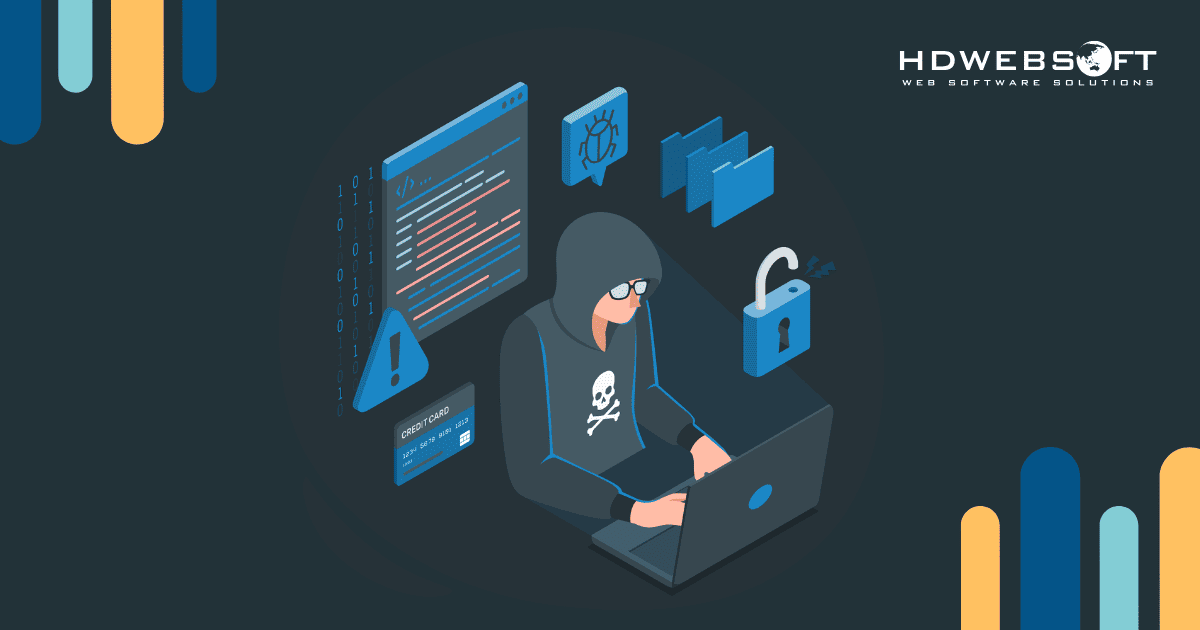
Ethical Dilemmas of AI
The increasing AI sophistication raises complex ethical dilemmas related to bias, accountability, and potentially misusing these powerful technologies. Responsible development and deployment of AI are essential as we continue to experience technological disruption. Expectantly, establishing clear ethical guidelines and regulations for AI development is a crucial step in navigating the potential pitfalls.
These unexpected consequences highlight the importance of a holistic and thoughtful approach to digital disruption. They’re considered not only the potential benefits but also the potential challenges. As a software company, we’re keenly aware of these implications and strive to develop solutions that are innovative, responsible, and ethical.
Conclusion
The future with disruptors holds immense potential as innovative companies continuously push boundaries and reshape industries. With exponential technologies such as AI development services, biotechnology, and quantum computing evolving together, we can expect the rise of even more transformative companies driving positive disruption. The organizations highlighted here offer just a glimpse into the groundbreaking possibilities emerging at the intersections of once-separate fields.
From this point on, disruptive innovation will only gain momentum. No industry will be too large, complex, or established to avoid significant transformation. Those with bold ambitions to create a more sustainable, secure, and remarkable world will be at the forefront of this disruption.


